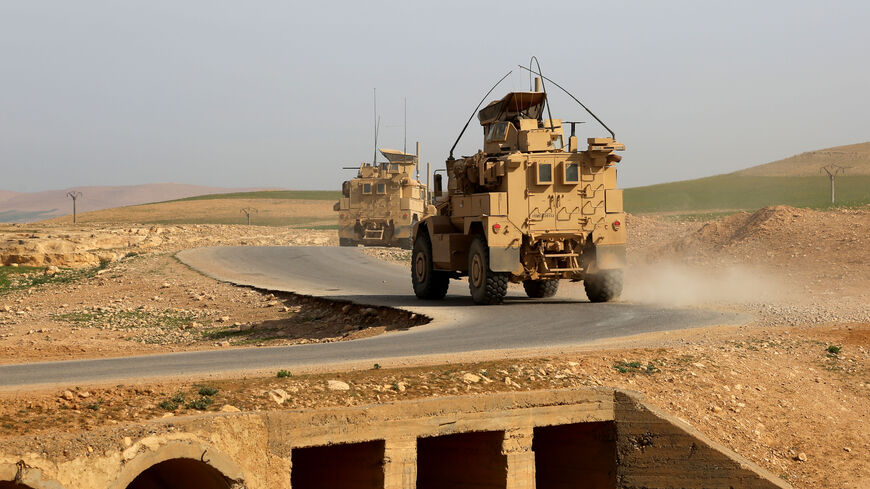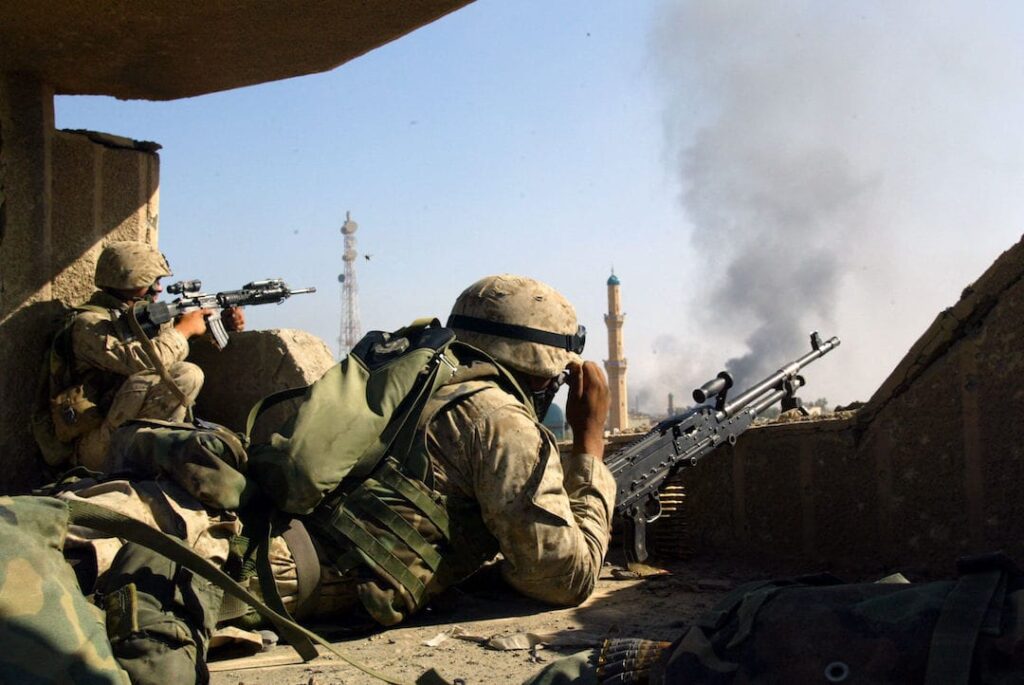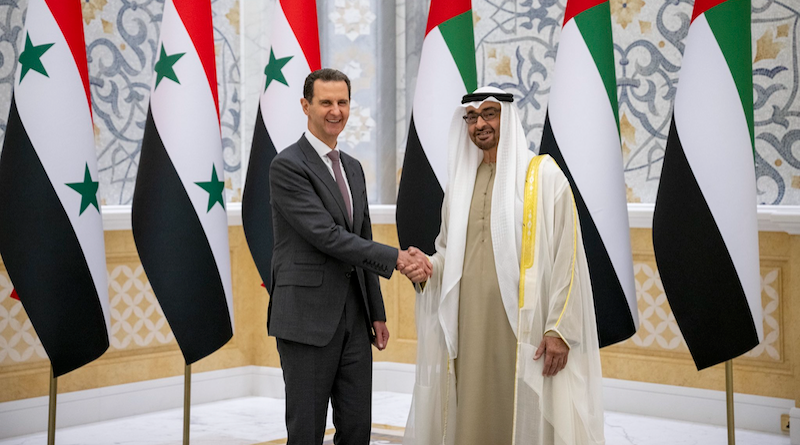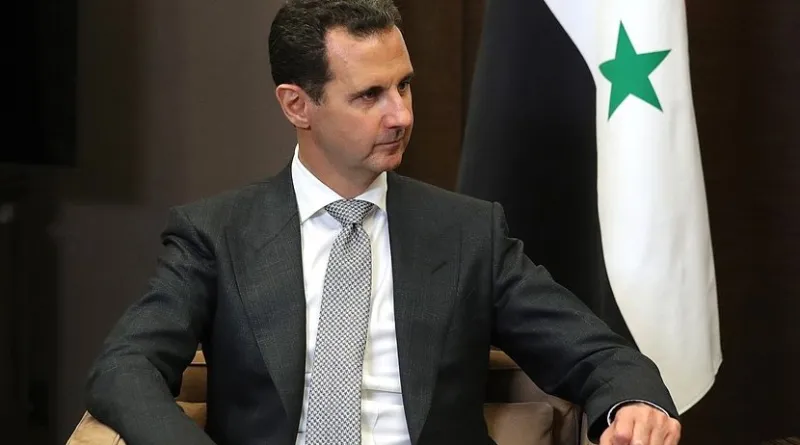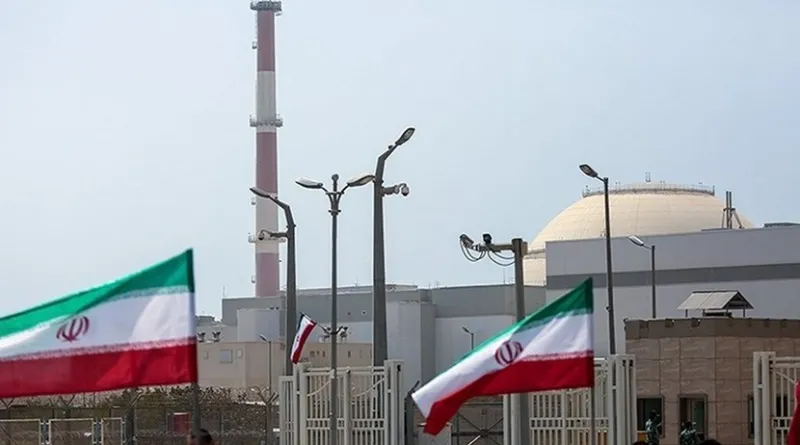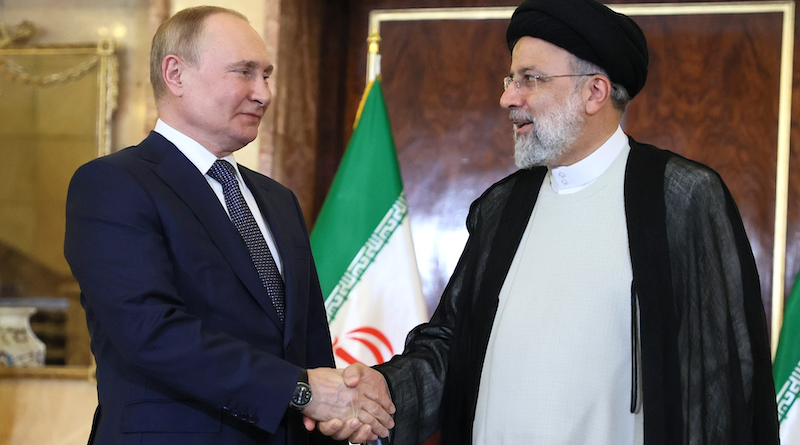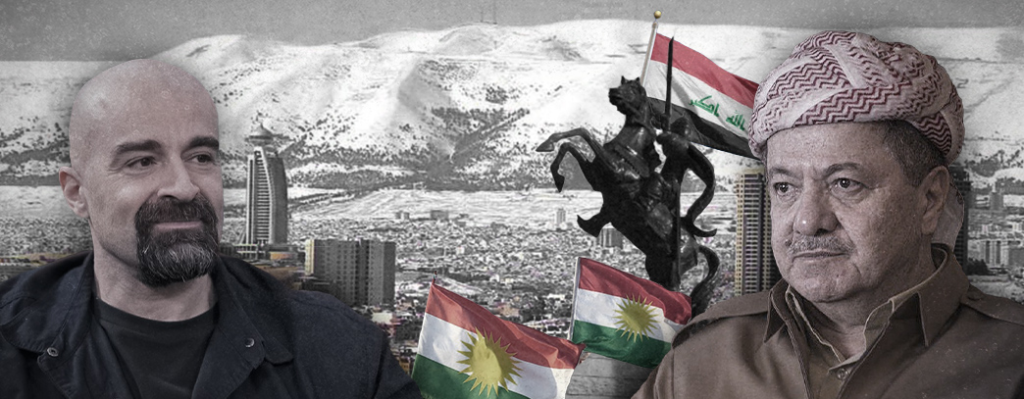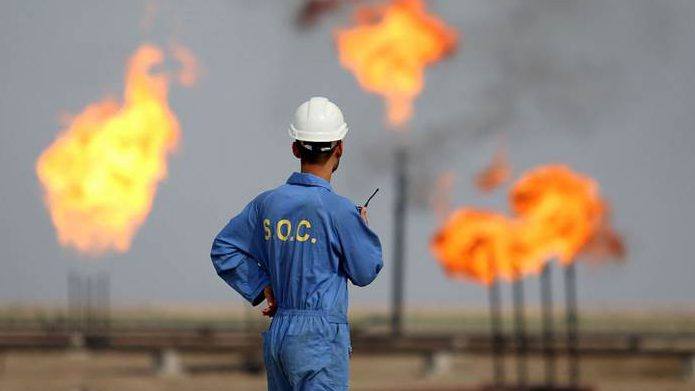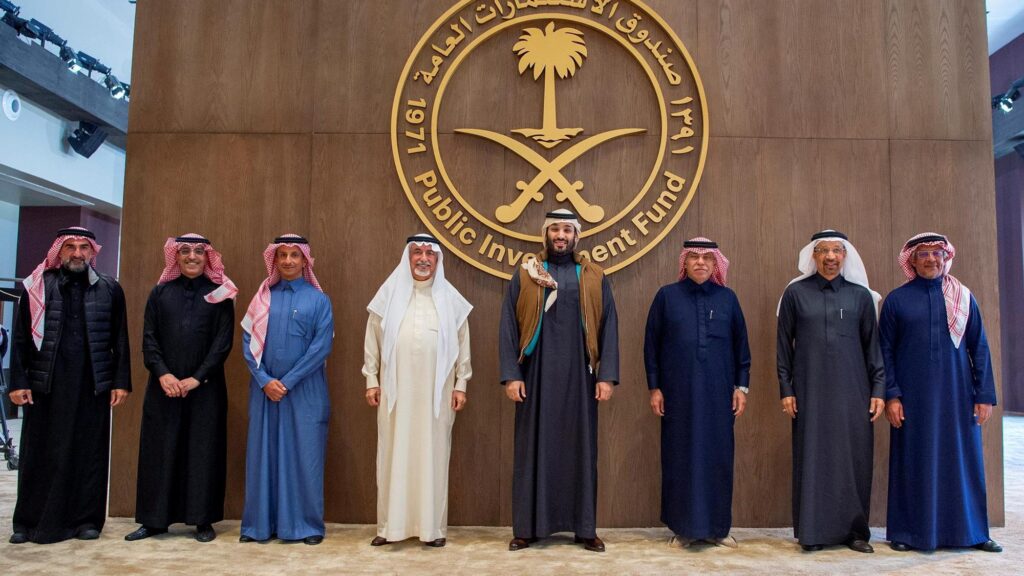Assad comeback epitomizes Gulf states’ world power ambitions
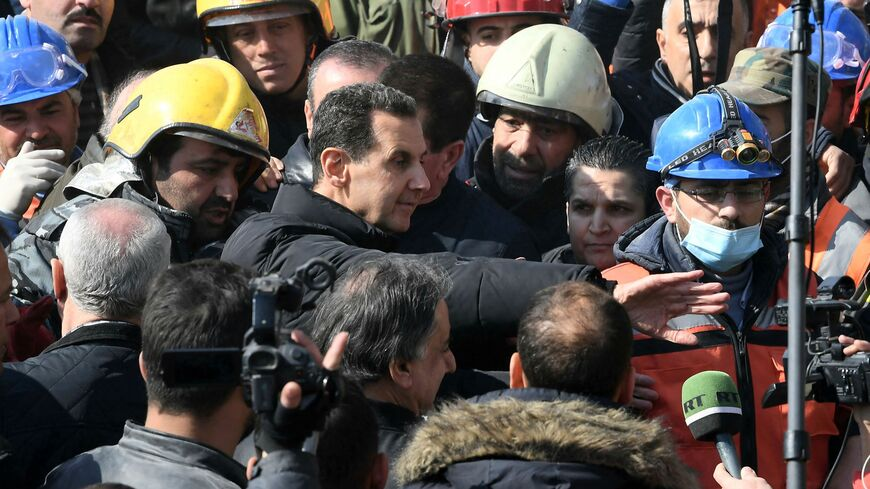
Visits to Oman and the UAE in recent weeks mark another step in the Syrian president’s rehabilitation within the region, and the weakening of Western influence.
Syrian President Bashar al-Assad received red carpet treatment on his second official visit to Abu Dhabi on March 19, a week after he had visited Oman, showing that his isolation on the Arab stage may come to an end. Though the process began with humanitarian aid after the devastating February earthquakes that struck the northwest region, the Assad case is but a symptom of much deeper change in the Middle East.

